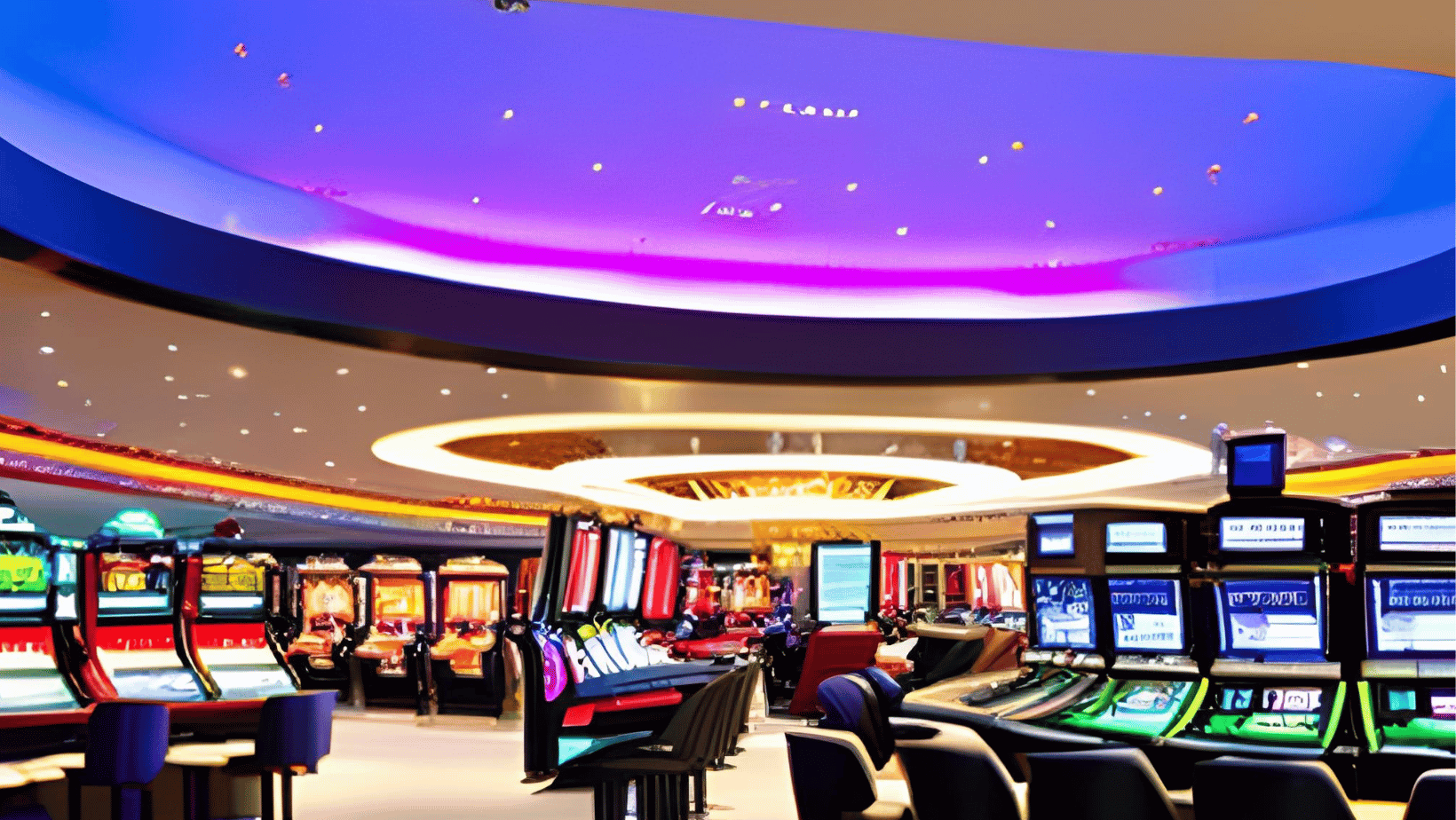A Mystique of Gambling Game Myths

In the world of gambling, where chance and strategy intersect, a unique tapestry of beliefs unfolds—one that braids luck, fate, and the enigmatic nature of casino games. Casinos, bustling with excitement and anticipation, are not just spaces for placing bets; they are also arenas in which superstitions thrive. Ranging from the novice player to the seasoned gambler, these mysterious practices often shape how individuals approach the games they play, believing that their actions can influence the outcome in ways that go beyond mere probability.
When players gather around roulette wheels, blackjack tables, and slot machines, the atmosphere is thick with stories of lucky charms, rituals, and codified behavior that defy logic yet provide a sense of comfort. It could be the case that it’s wearing a specific outfit, following a particular sequence of bets, or even avoiding certain numbers, the attachment to various superstitions reflects a deep-rooted desire to manipulate the uncontrollable. This article delves into the captivating world of casino game superstitions, investigating the beliefs that simultaneously entertain and mystify those who dare to play.
Historical Beginnings of Superstitions
Casino activities have long been connected with an host of superstitions that trace to early civilizations. The beginnings of these ideas can be associated to humanity’s fundamental desire to manage the random outcomes connected with chance and randomness. In primitive civilizations, games of uncertainty were often tied to religious practices. Gamblers would invoke blessings or ask for favor from spirits, believing that their actions could affect the odds in their favor. This foundation laid the groundwork for the myriad of superstitions that spread as gambling evolved over ages.
During the medieval age, betting became a widespread activity across Europe, and with it, a rich tapestry of superstitions developed. Players adopted numerous rituals and charms, believing they could affect the outcome of games. The significance of numbers, in particular, began to manifest in superstitions pertaining to card games and dice. The number seven was often considered favorable, while different numbers carried bad connotations. These ideas mirrored the cultural contexts of the time, evolving as they transferred through generations and transformed to new gaming environments.
As gaming establishments emerged in the seventeenth century, particularly in Italy and the French nation, the atmosphere surrounding betting became imbued in mystique. The growing availability of casino games allowed for the expansion and variation of superstitions among players. Concepts like lucky charms, designated seating locations, and rituals gained prevalence, creating a unique culture within gambling establishments. As these customs continued to thrive, they became integral to the essence of gambling activities, illustrating how the past and tradition shape the convictions that influence how participants interact with chance.
Widespread Gambling Superstitions
Superstitions surrounding casino games are abundant and diverse, reflecting the hopes and fears of players as they participate in chance-based activities. One of the most prevalent views is that certain digits bring luck or misfortune. For example, the digit 7 is often seen as a favorable number, frequently embraced by players looking for a favorable outcome. Conversely, the number thirteen is routinely considered cursed, leading many players to avoid it during their gambling periods.
A common superstition relates to rituals that gamblers believe can influence their odds. It could be blowing gently on the dice before a throw, using a specific hand to place a wager, or even putting on particular items of attire, many people feel that these actions can tilt fate in their benefit. These rituals offer a sense of power in an otherwise random environment, strengthening the idea that fortune can be manufactured through individual convictions and customs.
Finally, the ambiance and vibe of the casino itself adds to superstition. Many gamblers suggest that the presence of specific symbols, such as four-leaf clovers or lucky coins, can enhance their chances of success. Additionally, players might adhere to the belief that winning streaks can be interrupted by mundane occurrences, such as a person passing by or a spill at the gaming surface. The collective atmosphere in a gambling house can amplify these superstitions, creating a shared culture of superstitions that transcends single encounters.
Impact of Superstitions on Players
Superstitions play a important role in the psychology of gamblers, often affecting their behavior and decision-making. A lot of gamblers believe that fortune can be manipulated through various rituals, such as wearing a lucky charm, selecting specific colors, or avoiding certain numbers. This dependence on superstitions can create a sense of control in an environment that is inherently unpredictable. Players often feel more confident and involved when they think that their actions could sway the result of a game in their favor.
The impact of these superstitions extends past singular players, affecting the general atmosphere within the casino. For example, a player who holds the belief in the luck of a certain slot machine might attract a crowd, as onlookers are fascinated by their apparent luck. This collective belief can amplify excitement and create a dynamic environment, leading to an interesting experience even for those who may not necessarily be believers themselves. The excitement around certain games can lead to higher participation and longer playing sessions, supporting the casino’s vibrant social scene.
In some instances, superstitions can lead to detrimental effects for players. Depending too heavily on rituals can result in bad gambling decisions, as some may ignore basic strategies in favor of unfounded beliefs. Additionally, the pressure to perform rituals may heighten anxiety and tension, detracting from the enjoyment of the experience. Ultimately, while superstitions can enhance the thrill of playing casino games, they can also lead to unwise choices that overshadow the enjoyment and entertainment intended in the casino experience. F168
